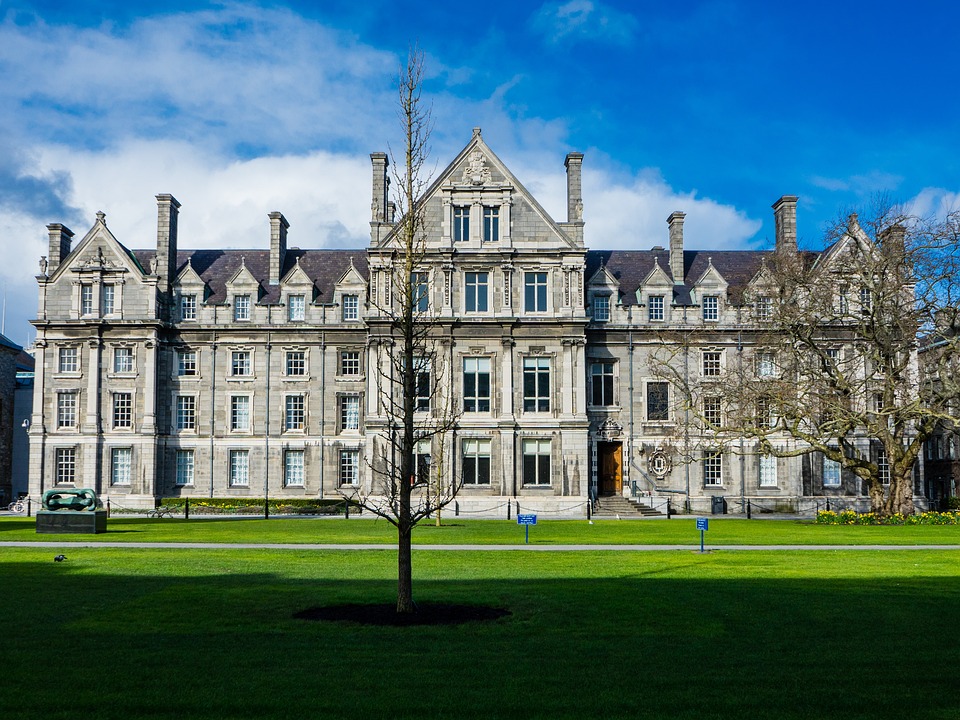Hidden Relocation Programs That Most Nigerians Don’t Know About: Your Ticket to a New Life?
For many Nigerians, the dream of a better life abroad is a constant yearning. Opportunities, economic stability, and a more predictable future are powerful motivators. While the common routes of study visas and sponsored employment are well-trodden, there’s a world of lesser-known relocation programs that could offer a quicker, more affordable, and sometimes, even simpler path to international residency.
This article unveils some of these hidden gems – programs that often fly under the radar but offer legitimate pathways to relocation for Nigerians seeking a new chapter. Let’s dive in and explore these potentially life-changing options:
1. Regional Migration Programs (Canada’s Provincial Nominee Programs – PNPs):
While many Nigerians are aware of Canada’s Express Entry system, the Provincial Nominee Programs (PNPs) are often overlooked. These programs are designed by individual Canadian provinces and territories to attract skilled workers who can meet their specific labor market needs.
Why are they hidden?
- Complexity: Navigating the individual requirements of each PNP can be overwhelming. Each province has its own unique criteria, occupation lists, and eligibility requirements.
- Targeted Skills: PNPs often target niche skills or professions that are in high demand in specific regions. If your skillset isn’t broadly applicable, you might not even consider looking at these programs.
- Low Awareness: Many immigration consultants focus on Express Entry due to its centralized nature, leaving PNPs largely unpromoted.
The Opportunity:
PNPs can be significantly easier to qualify for than Express Entry, especially for those with:
- Specific Skills: Provinces like Saskatchewan, Manitoba, and Nova Scotia have programs that target specific professions like agriculture workers, healthcare professionals, and tech specialists.
- Language Proficiency (French): Some provinces, particularly those in Quebec, offer streamlined pathways for French-speaking applicants. Even basic French proficiency can significantly boost your chances.
- Local Connections: Having family or friends already living in a particular province can provide a competitive advantage.
How to Explore:
- Research the individual websites of each Canadian province and territory.
- Identify provinces with occupation lists that match your skills and experience.
- Thoroughly understand the specific eligibility requirements for each PNP.
- Consider taking a French language course to improve your chances in French-speaking provinces.
2. Digital Nomad Visas: Working Remotely from Paradise (or Europe):
The rise of remote work has opened up a new avenue for relocation: the Digital Nomad Visa. These visas allow individuals to legally reside and work in a foreign country while earning income from sources outside that country.
Why are they hidden?
- Relatively New: Many countries only recently introduced digital nomad visas, making them less established and less widely known than traditional work permits.
- Variable Requirements: Each country’s digital nomad visa has its own unique requirements, including minimum income thresholds, health insurance coverage, and proof of remote employment.
- Targeted at a Specific Demographic: These visas are primarily marketed to entrepreneurs, freelancers, and remote workers in the tech and creative industries.
The Opportunity:
Digital nomad visas offer a flexible and relatively low-cost way to experience living and working abroad. Some countries known for their digital nomad programs include:
- Estonia: Known for its e-Residency program and a thriving startup ecosystem.
- Portugal: Offers a high quality of life, stunning scenery, and a relatively affordable cost of living.
- Georgia: Boasts a liberal visa regime, allowing many nationalities to stay for up to a year without a visa.
- Mexico: Offers a vibrant culture, delicious food, and a relatively easy-to-obtain temporary resident visa for remote workers.
How to Explore:
- Research countries that offer digital nomad visas and their specific requirements.
- Ensure your income meets the minimum threshold for the chosen country.
- Gather the necessary documentation, including proof of remote employment or freelance income, health insurance, and a valid passport.
- Be prepared to pay the application fee and comply with any additional requirements.
3. Ancestry or Citizenship by Descent:
Many Nigerians are unaware that they might be eligible for citizenship or residency in another country based on their ancestry. This is particularly relevant for those with European or Caribbean heritage.
Why are they hidden?
- Complex Rules: The laws governing citizenship by descent vary significantly from country to country. Eligibility can depend on the specific nationality of your ancestors, the date of their emigration, and the laws in place at the time of their birth.
- Genealogical Research: Proving your lineage can require extensive genealogical research, which can be time-consuming and costly.
- Lack of Awareness: Many people simply don’t realize that they might have a claim to citizenship in another country.
The Opportunity:
Citizenship by descent can offer a straightforward and relatively inexpensive route to obtaining a passport and residency rights in another country. Common destinations include:
- Ireland: Offers citizenship to individuals with an Irish grandparent.
- Italy: Has relatively lenient citizenship by descent rules, allowing descendants of Italian ancestors to claim citizenship.
- Poland: Offers citizenship to individuals with Polish ancestors, even if they were born outside of Poland.
- Portugal: Grants citizenship to descendants of Sephardic Jews expelled during the Inquisition.
How to Explore:
- Research your family history and identify any ancestors who were citizens of other countries.
- Consult with an immigration lawyer or citizenship expert specializing in ancestry claims.
- Gather the necessary documentation, including birth certificates, marriage certificates, and immigration records.
- Apply for citizenship in the country of your ancestors’ origin.
4. Skilled Migration Programs for Specific Trades:
While degree-based skilled migration programs are well-known, several countries offer pathways for skilled tradespeople to relocate and work.
Why are they hidden?
- Focus on Academic Qualifications: Many immigration systems prioritize applicants with university degrees over those with vocational training.
- Licensing and Accreditation: Obtaining the necessary licenses and accreditations to work in your trade in a foreign country can be complex and require additional training.
- Lack of Promotion: These programs are often not actively promoted to a broad audience, focusing instead on specific industries and trade associations.
The Opportunity:
Countries like Australia, New Zealand, and Canada have strong demand for skilled tradespeople in areas like:
- Plumbing: Qualified plumbers are consistently in high demand.
- Electrical Work: Licensed electricians are needed across various industries.
- Carpentry: Skilled carpenters are sought after for construction and renovation projects.
- Automotive Mechanics: Qualified mechanics are needed to service and repair vehicles.
How to Explore:
- Research countries that have a shortage of skilled tradespeople in your profession.
- Investigate the licensing and accreditation requirements for your trade in the chosen country.
- Consider pursuing additional training or qualifications to meet the required standards.
- Network with trade associations and employers in the target country.
Conclusion:
Relocating to another country is a significant undertaking, but it doesn’t always require a complex application or extensive investment. By exploring these hidden relocation programs, Nigerians can discover new and often overlooked pathways to a better life abroad. Remember to thoroughly research each program, understand the specific requirements, and seek professional guidance when needed. The dream of a new life may be closer than you think!




